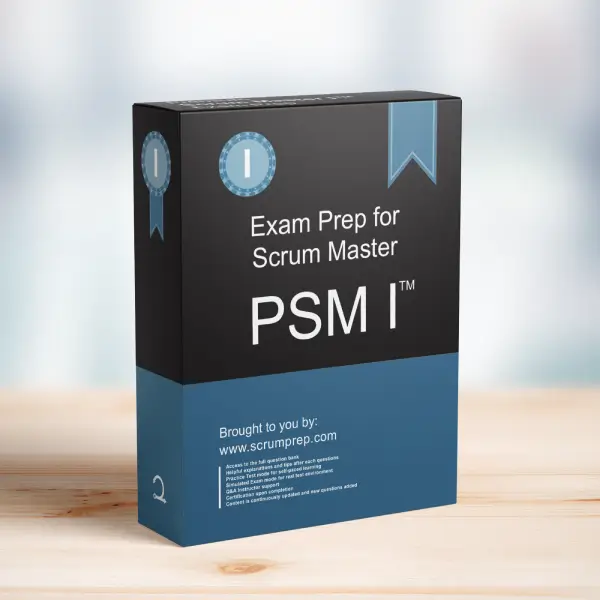Understanding Cross-Functional Teams in Scrum: A Detailed Explanation
In Scrum, cross-functional teams play a crucial role in delivering high-quality increments of a product. Here’s an analysis of an exam question related to this topic:
Exam Question
True or False: Cross-functional teams are optimized to work on one component or layer of a system only.
- A. True
- B. False
Correct Answer
B. False
Explanation
Why False?
Cross-functional teams are designed to be capable of working on all aspects of a product, not just a single component or layer. This is fundamental to the Scrum framework, where the goal is to deliver a potentially shippable product increment at the end of each Sprint. To achieve this, teams must possess a wide range of skills, allowing them to handle different tasks such as development, testing, design, and deployment.
Key Characteristics of Cross-Functional Teams:
- Versatility: Team members have diverse skills that enable them to work on various tasks, from front-end development to back-end integration and everything in between.
- Collaboration: Cross-functional teams collaborate closely, breaking down silos and ensuring that all aspects of the product are considered and integrated smoothly.
- Self-Organization: These teams are self-organizing, meaning they decide internally how best to accomplish their work, leveraging the strengths and expertise of each member.
Roles and Responsibilities in Scrum
- Developers: In a cross-functional team, developers are not limited to coding. They may be involved in testing, designing, and even aspects of project management to ensure the product increment is delivered successfully.
- Scrum Master: Facilitates the Scrum process, helps remove impediments, and ensures the team follows Scrum practices.
- Product Owner: Responsible for maximizing the value of the product by managing the Product Backlog and ensuring the team works on the most valuable tasks.
Relevance to the PSM I Exam
Understanding the concept of cross-functional teams is crucial for the PSM I exam. This knowledge ensures that candidates appreciate the importance of versatility and collaboration in Scrum teams. It also highlights why teams need to be equipped with a broad range of skills to deliver fully functional product increments each Sprint.
Conclusion
Cross-functional teams are essential for the success of Scrum projects. They ensure that all aspects of product development are covered, from initial design to final deployment. By fostering versatility, collaboration, and self-organization, these teams can deliver high-quality products that meet stakeholder expectations.
For comprehensive preparation and practice exams, check out PSM I Exam Prep to enhance your understanding and application of Scrum principles.



